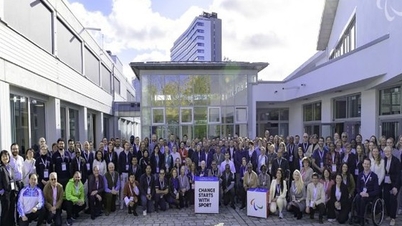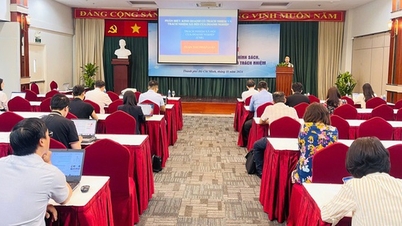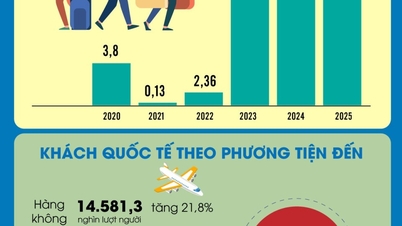According to a newly published report by the Organization for Economic Cooperation and Development (OECD), the application of artificial intelligence (AI) in the public sector is increasing, but still faces many challenges when expanding the scale, causing many initiatives to stop at the testing stage.
The OECD’s “Governance with Artificial Intelligence” report – the first comprehensive study of how governments deploy AI – analysed 200 case studies and dozens of policies in 11 key areas. The results show that AI has brought tangible benefits to many governance activities.
Specifically, in the field of automation, AI chatbots support people in answering administrative procedures and filling out forms. AI predicts natural disasters, helping the government improve response speed. AI platforms synthesize public opinion, identify consensus views to serve policy making.
However, governments face a host of barriers: a shortage of AI-skilled workers, limited data quality and sharing capabilities, high implementation costs, outdated regulations, and outdated IT systems.
The level of AI adoption also varies across sectors: most prevalent in public, civil and judicial services; moderate in tax administration due to legal barriers; slow in civil service management and policy evaluation.
The OECD warns that if challenges are not addressed, AI adoption could lead to misleading results, technical risks, privacy breaches, and even a loss of public trust. Conversely, not implementing AI could mean missing out on opportunities to improve efficiency and narrow the gap with the private sector.
OECD Secretary-General Mathias Cormann stressed that for AI to be applied in government to bring sustainable benefits, countries need a strong but flexible policy framework that ensures transparency, trust and accountability. The report proposed seven factors that determine success: governance, data, digital infrastructure, skills, investment, public procurement and cooperation with non-state organizations.
The OECD recommends that governments develop a people-centered approach, increase social consultation, and establish appropriate legal barriers to manage risks while still encouraging innovation./.
Source: https://www.vietnamplus.vn/chinh-phu-doi-mat-voi-thieu-hut-nhan-luc-trong-linh-tri-tue-nhan-tao-post1063009.vnp



































































































![Dong Nai OCOP transition: [Article 3] Linking tourism with OCOP product consumption](https://vphoto.vietnam.vn/thumb/402x226/vietnam/resource/IMAGE/2025/11/10/1762739199309_1324-2740-7_n-162543_981.jpeg)













Comment (0)